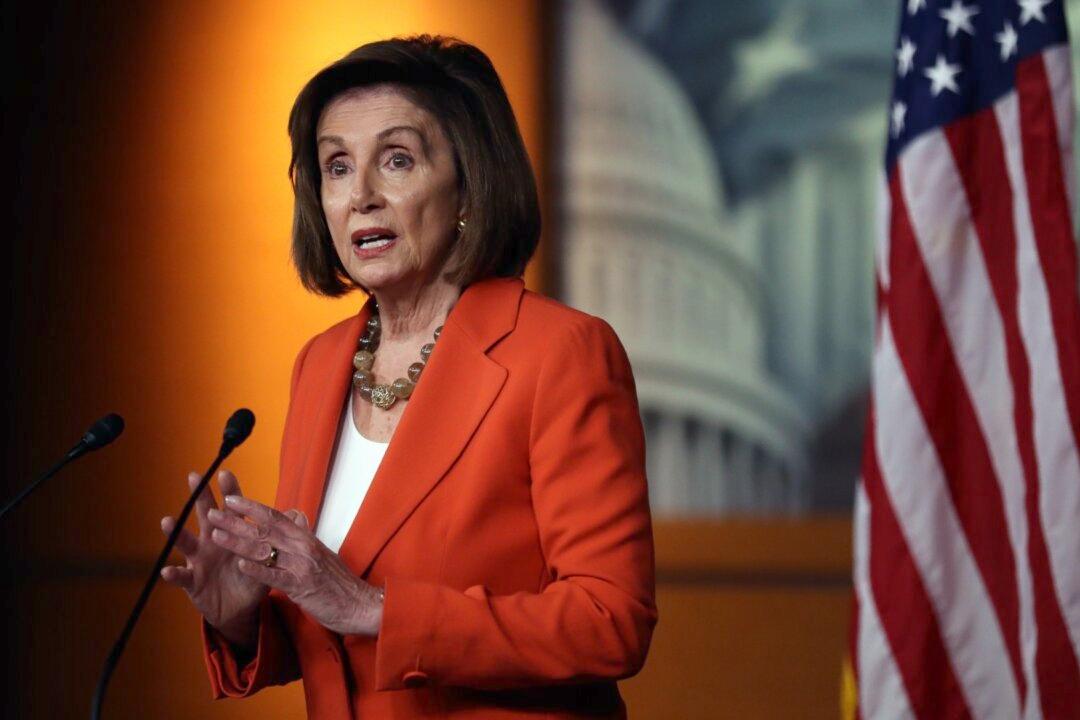Commentary
Although she will remain in Congress, House Speaker Nancy Pelosi of San Francisco steps down from her leadership post in January. She has headed her party in either that job or as House Minority Leader when Republicans ruled the roost for nearly 20 years. Her powerful position also let her advance California’s interests. That could continue should Republicans make Rep. Kevin McCarthy of Bakersfield, currently the Minority Leader, the new Speaker.





